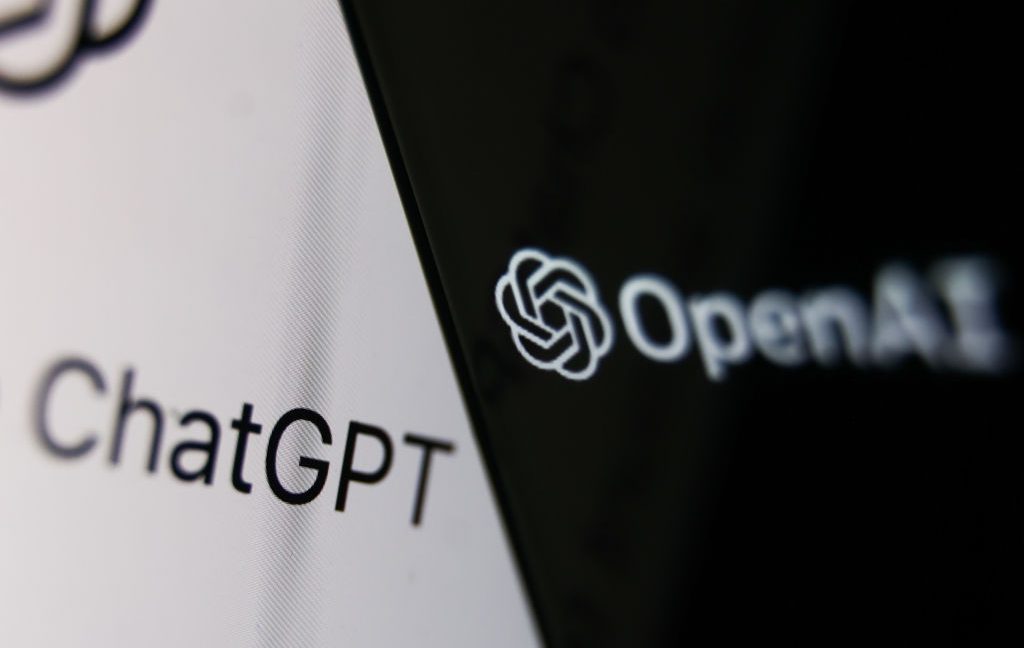ChatGPT Users Struggle to Adapt to GPT-5's New Approach

The much-anticipated release of OpenAI's new GPT-5 model has sparked a range of reactions from the ChatGPT user community. While the company is making significant upgrades with this new model, some users are lamenting the shift from the familiar vibe of the GPT-4 models. The transition has left devoted ChatGPT users feeling as though they've lost their cherished 'digital friends,' highlighting a profound shift in human-AI interactions as technology continues to evolve.
OpenAI has reassured users that older models like the GPT-4o are not being eliminated; however, access to them is now mostly limited to the developer API. The switch to GPT-5 as the default has created a disconnect for those who preferred the previous model's conversational style. Across various forums such as the OpenAI community and Reddit, longtime fans are expressing their disappointment over this change. They describe it as 'mentally devastating,' comparing the new model's feel to that of 'an overworked secretary' instead of the companionable presence they had enjoyed before.
The creative workflows that users developed with GPT-4o over the past year do not translate seamlessly to GPT-5, leading to frustrations about the perceived lack of creativity in the outputs. Many have expressed discontent over the quick consumption of usage limits on the free tier, which pressures them towards more expensive subscription options like Plus ($20) and Pro ($200) plans.
OpenAI's goal with ChatGPT has always been to create a tool that people want to engage with. But this requires balancing between making the AI user-friendly and avoiding overly sycophantic behavior. While some users miss the friendly tone of the AI, the shift to a more corporate tone in GPT-5 might ultimately benefit both user mental health and OpenAI's business model. Nonetheless, it represents a significant adjustment period for those accustomed to GPT-4o.
Users dissatisfied with GPT-5's tone and functionality may seek alternatives, such as Elon Musk’s xAI, which offers daring features with fewer restrictions. Nonetheless, the evolving landscape of AI technology poses new questions about the role these models play in user lives and the potential for fostering unhealthy dependencies.



